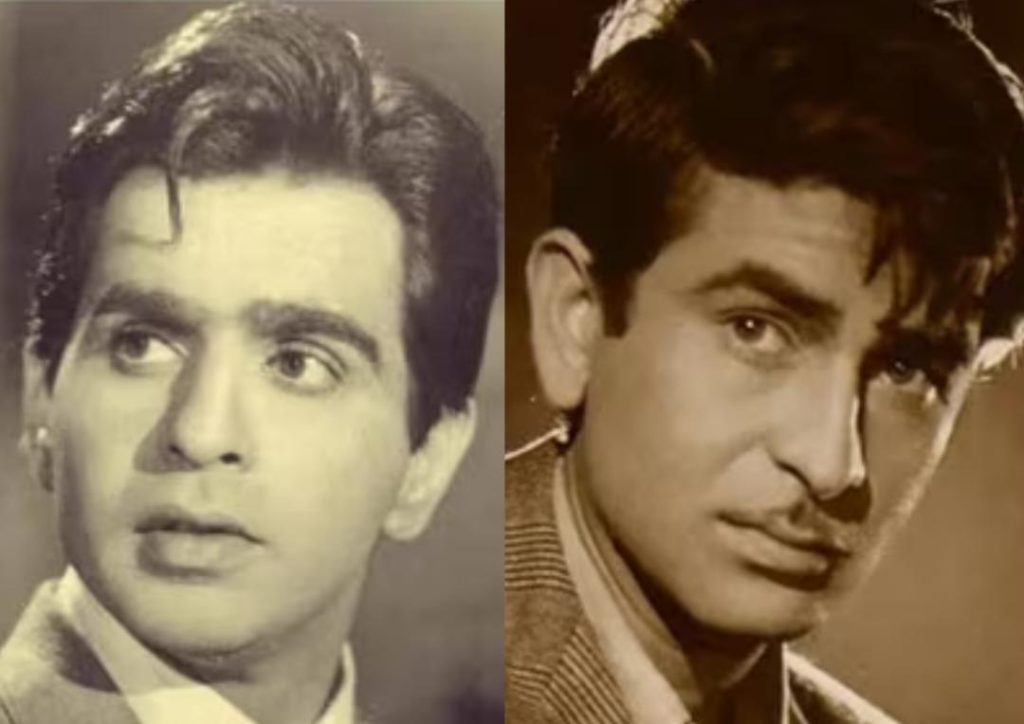
Dilip Kumar & Raj Kapoor’s Homes in Pak to be Turned into Museums
The world of cinema has often been synonymous with the legendary actors of the past, and two names that stand out in particular are Dilip Kumar and Raj Kapoor. Both actors have left an indelible mark on the Indian film industry, and their contributions to the world of cinema are still cherished to this day. However, did you know that the ancestral homes of these two legends are located in Pakistan? Yes, you read that right! In a remarkable move, the Khyber Pakhtunkhwa government has announced plans to renovate and turn these homes into museums, making them tourist attractions.
According to a recent report, the Director of Archaeology, Dr Abdul Samad, has announced that the construction of these museums will take place over a period of two years and will have an estimated cost of ₹7 crore. This ambitious project aims to transform these cultural landmarks into focal points for tourists, allowing them to experience the rich history and cultural heritage of Pakistan.
The ancestral homes of Dilip Kumar and Raj Kapoor are located in Peshawar, a city that has a long history dating back to the ancient times. The city has been a significant hub for trade and commerce, and its cultural heritage is a testament to its rich past. The homes of these two legendary actors are a significant part of this heritage, and their transformation into museums will provide a unique opportunity for tourists to experience the history and culture of Pakistan.
Dilip Kumar’s ancestral home is located in the historic Qissa Khwani Bazaar in Peshawar, which is known for its narrow streets and colorful markets. The home is a beautiful example of traditional Pakistani architecture, with intricate carvings and ornate decorations. The museum will be designed to showcase the life and career of Dilip Kumar, with exhibits that highlight his contributions to Indian cinema. Visitors will be able to see memorabilia, including his costumes, props, and awards, as well as learn about his early life and career.
Raj Kapoor’s ancestral home, on the other hand, is located in the Mughal-era city of Rawalpindi, which is known for its beautiful architecture and rich history. The home is a stunning example of traditional Pakistani architecture, with beautifully crafted wooden doors and intricate tile work. The museum will be designed to showcase the life and career of Raj Kapoor, with exhibits that highlight his contributions to Indian cinema. Visitors will be able to see memorabilia, including his costumes, props, and awards, as well as learn about his early life and career.
The transformation of these ancestral homes into museums is a significant step forward for Pakistan, which has been working to promote its cultural heritage and tourism industry. The country has a rich cultural heritage, with a history that dates back thousands of years. The transformation of these homes into museums will provide a unique opportunity for tourists to experience this heritage firsthand, and will help to promote cultural understanding and exchange between Pakistan and the rest of the world.
The project is being undertaken in collaboration with the Pakistan National Council of the Arts (PNCA), which is a premier cultural organization in the country. The PNCA is responsible for promoting and preserving Pakistan’s cultural heritage, and is working closely with the Khyber Pakhtunkhwa government to ensure the success of this project.
The construction of these museums is expected to be completed over the next two years, with an estimated cost of ₹7 crore. The project is being funded by the Khyber Pakhtunkhwa government, which is committed to promoting tourism and cultural heritage in the region. The government has allocated a significant amount of funds for this project, which is a testament to its commitment to preserving Pakistan’s cultural heritage.
In conclusion, the transformation of Dilip Kumar and Raj Kapoor’s ancestral homes into museums is a significant step forward for Pakistan, which is working to promote its cultural heritage and tourism industry. These homes are a significant part of Pakistan’s cultural heritage, and their transformation into museums will provide a unique opportunity for tourists to experience this heritage firsthand. The project is a testament to the country’s commitment to preserving its cultural heritage, and will help to promote cultural understanding and exchange between Pakistan and the rest of the world.






